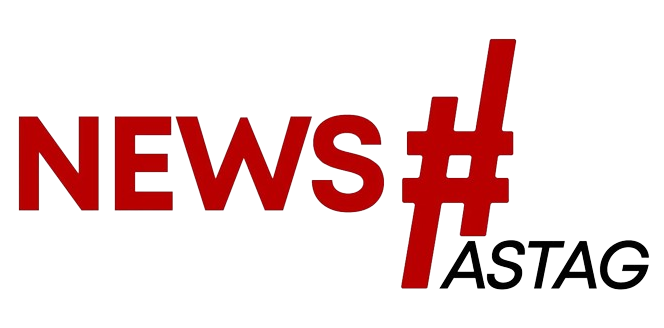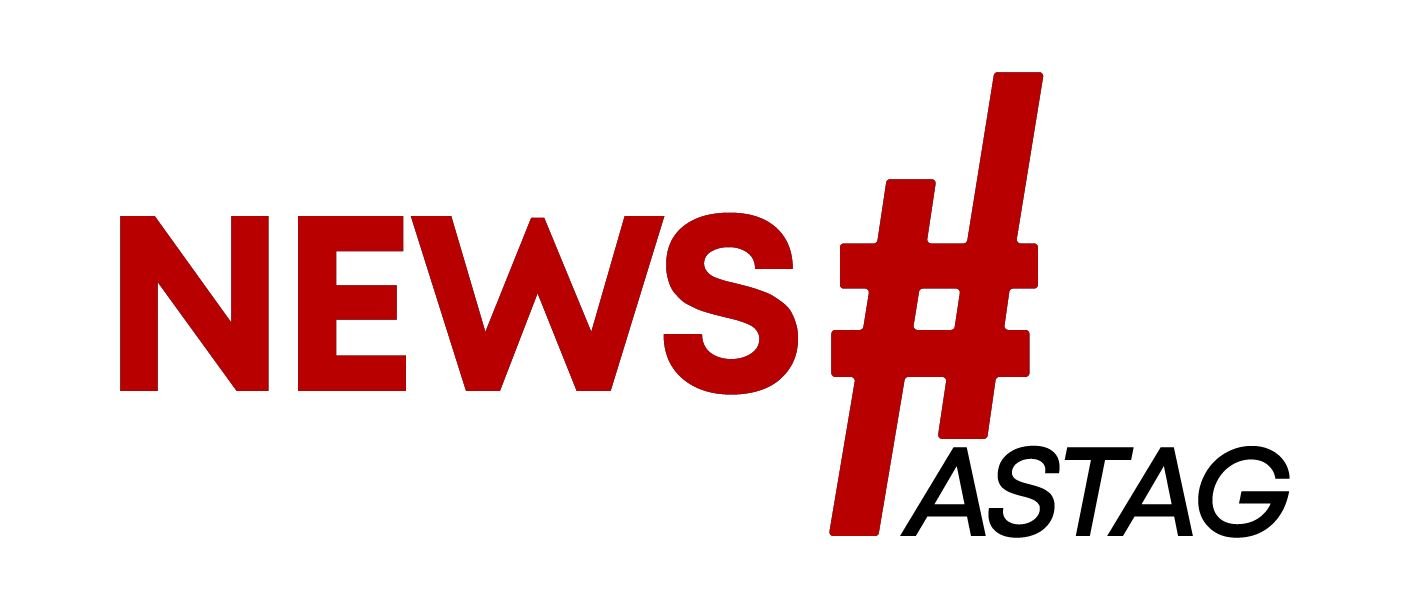The US Veto Power and Israel: A History of UNSC Resolutions”
The United States’ consistent use of its veto power within the United Nations Security Council (UNSC) to block resolutions critical of Israel has been a source of controversy and contention in international diplomacy. This article explores the US veto power and its historical application, with a focus on the ongoing situation in the Middle East, particularly concerning the Israel-Palestine conflict.
The Ongoing Situation in Gaza
The most recent instance of US veto power in action occurred when the UNSC attempted to address the ongoing situation in Gaza. Two competing draft resolutions were proposed and ultimately rejected by member states. The first, drafted by the United States, called for “humanitarian pauses” and recognized Israel’s right to self-defense. The second resolution, sponsored by Russia, aimed to establish a humanitarian ceasefire but failed to secure enough votes. The United States was expected to veto the resolution if it had gained sufficient support.
These resolutions were brought to a vote after an intense open debate on “the situation in the Middle East, including the Palestinian question.” This marks the second UNSC draft resolution related to the Israel-Palestine conflict in recent weeks. On October 18, the US vetoed a resolution calling for “humanitarian pauses,” despite receiving support from twelve countries.
A History of US Vetoes in Support of Israel
The United States’ response to these UNSC resolutions aligns with its historical pattern of using the veto power to protect Israel’s interests and block resolutions that promote Palestinian statehood or criticize Israel’s actions.
Since 1945, a total of 36 UNSC draft resolutions related to Israel-Palestine have been vetoed by one of the five permanent members (the US, Russia, China, the United Kingdom, and France). Out of these, 34 were vetoed by the US, while Russia and China accounted for the remaining two.
Many of these resolutions aimed to establish a framework for peace in the Israel-Palestine conflict, calling for Israel to adhere to international laws, endorsing self-determination for Palestinian statehood, or condemning Israel for displacing Palestinians and constructing settlements in occupied territories.
In total, the US has vetoed resolutions related to Israel 46 times. These include instances such as Israel’s invasion of southern Lebanon and its annexation of the Syrian Golan Heights, with the US formally recognizing Israeli sovereignty over the Golan Heights in 2019, a reversal of decades of US policy.
Key Resolutions Blocked by the US
Several key resolutions, critical of Israel’s actions, have been blocked by the US using its veto power. These include:
Resolution after the Great March of Return (2018): This resolution condemned the “excessive, disproportionate, and indiscriminate force” used by Israeli forces against Palestinian civilians and called for a “lasting, comprehensive peace” between Israel and Palestine. The US vetoed it, citing a “one-sided view” of events in Gaza.
Resolution on Jerusalem (2017): Following the US’s recognition of Jerusalem as Israel’s capital, this draft resolution declared any actions altering the character, status, or demographic composition of Jerusalem as legally null and void. It called for the determination of Jerusalem’s status in line with UN regulations. While all 15 UNSC members voted in favor, the US vetoed the resolution.
Resolution during the Second Intifada (2000): This resolution expressed “grave concern” over the tragic and violent events of the Second Intifada, condemning attacks against civilians and calling for Israel to adhere to its legal obligations under the Fourth Geneva Convention. The US vetoed the resolution, stating that it sought to “isolate politically one of the parties” to the conflict.
The United States’ frequent use of its veto power in the UNSC to protect Israel from critical resolutions or actions that might lead to Palestinian statehood has long been a contentious issue in international politics. Understanding the historical context and the specific resolutions that have been vetoed sheds light on the complexities of the Israel-Palestine conflict and the dynamics of international diplomacy within the United Nations.




